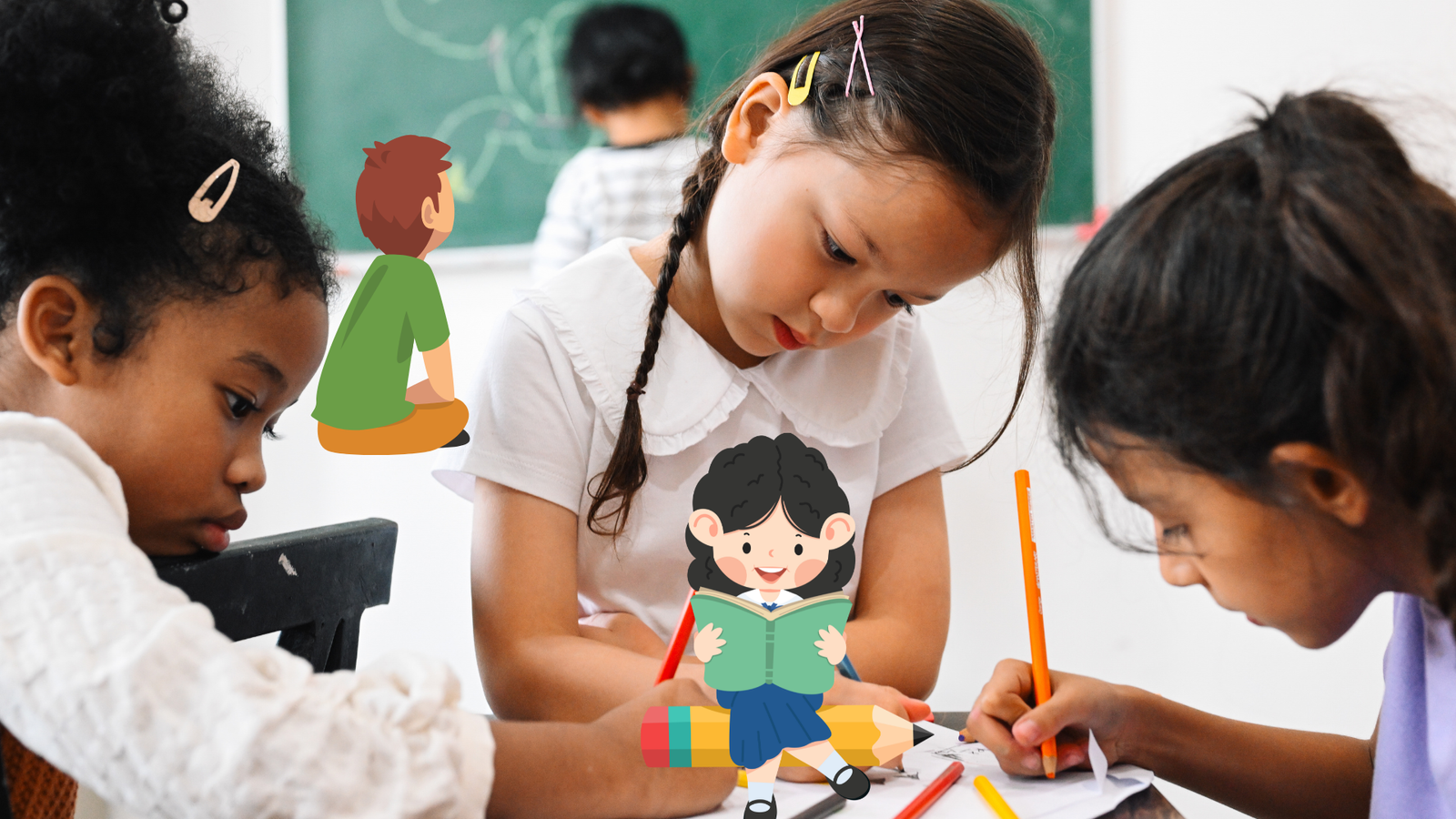In today’s fast-paced world, it often feels like we need to react to everything immediately, whether it’s a conversation, social media post, or news headline. However, the timeless wisdom of “learn to sit back and observe, not everything needs your reaction” offers a powerful antidote to this constant rush. Let’s explore how this principle can enhance your life through mindfulness, better decision-making, and improved emotional intelligence.
The Power of Observation Over Reaction
At its core, the act of observation allows you to pause, reflect, and understand before engaging. In contrast to reacting impulsively, sitting back and observing gives you the space to consider your emotions and the full context of a situation. This practice fosters clarity, leading to more thoughtful decisions. As you learn to step back, you’ll often realize that not every situation warrants your immediate response, reducing unnecessary stress and conflict.
When you constantly react without observation, it often leads to heightened stress and misunderstandings. By taking a moment to observe, you allow yourself to process information calmly, avoiding the negative consequences of quick, knee-jerk reactions. Observing also provides the opportunity to recognize your emotional state, which can help you respond more appropriately in difficult situations.
How Observation Enhances Emotional Intelligence
One of the greatest benefits of observation is the development of emotional intelligence. Emotional intelligence is the ability to recognize and manage your own emotions while also understanding the emotions of others. Through observation, you become attuned to subtle cues such as body language, tone of voice, and facial expressions, all of which can deepen your understanding of the people around you. This skill is particularly valuable in personal relationships, as it helps to resolve conflicts and foster stronger connections.
In professional settings, leaders who practice observation before making decisions often create more cohesive teams and cultivate a positive work environment. By watching and listening first, you can better assess team dynamics and make more informed choices.
Practical Ways to Develop Observational Skills
If you’re ready to embrace the power of observation, here are some actionable tips to help you get started:
- Practice Mindfulness: Mindfulness is the art of staying present in the moment without judgment. This can be as simple as focusing on your breath for a few minutes each day or taking a mindful walk. Practicing mindfulness helps you become more aware of your surroundings, making it easier to observe without reacting.
- Create a Pause Button: Before you respond to any situation, take a deep breath and pause. This simple act can prevent impulsive reactions and give you time to reflect on your response.
- Engage All Your Senses: Observation isn’t just about seeing. Engage all your senses—notice the sounds, smells, and textures around you. This practice enriches your experience and makes observation more immersive.
- Reflect on Your Reactions: Take time to reflect on past situations where you reacted too quickly. What could have been different if you had observed first? This reflection will help you apply observation more effectively in the future.
- Limit Distractions: In a world filled with constant notifications and noise, it’s essential to reduce distractions. Set aside dedicated time to focus on your surroundings, whether it’s in nature or during a quiet moment at home.
Must Read: Build Insane Triceps by Doing Skull Crushers – Laz – Tymoff: Your Ultimate Guide
Applying Observation in Everyday Life
Whether in personal relationships, the workplace, or on social media, observation can transform how you engage with the world:
- In Relationships: Sitting back and observing before jumping into a conversation can help you understand the other person’s perspective better. This leads to more empathetic and thoughtful responses, reducing conflict and strengthening bonds.
- In the Workplace: Leaders who observe team dynamics before making decisions can better navigate interpersonal challenges and foster collaboration.
- On Social Media: Rather than reacting to every post you see, take time to reflect. Often, a thoughtful pause will help you engage more meaningfully or decide that a response isn’t needed at all.
The Long-Term Benefits of Observation
By embracing the art of observation, you can improve your mental health, enhance problem-solving skills, and find greater satisfaction in life. Taking a step back allows you to manage stress more effectively, as you’re not constantly reacting to external stimuli. Over time, this practice leads to better decision-making and a deeper understanding of yourself and others.
In conclusion, the wisdom behind “learn to sit back and observe, not everything needs your reaction” encourages a more mindful, thoughtful approach to life. By practicing observation, you’ll experience clarity, reduce unnecessary conflict, and foster stronger relationships. So, next time you’re tempted to react immediately, remember the power of simply sitting back and observing.
By integrating these principles into your daily routine, you’ll cultivate a more peaceful, grounded approach to life’s challenges.

